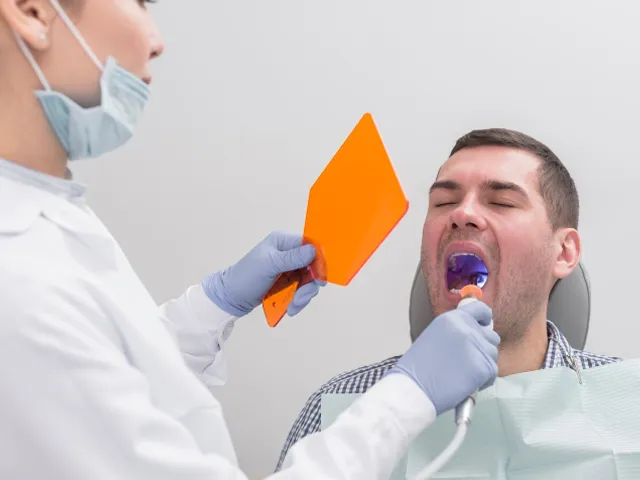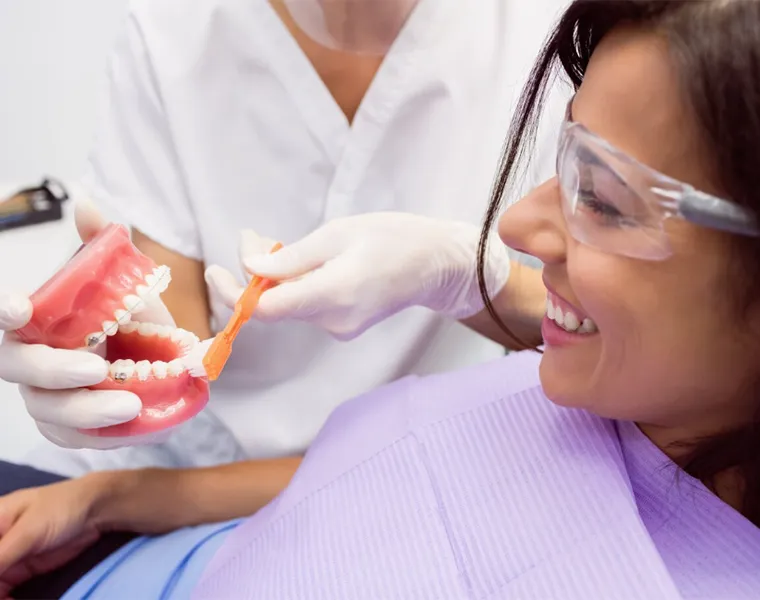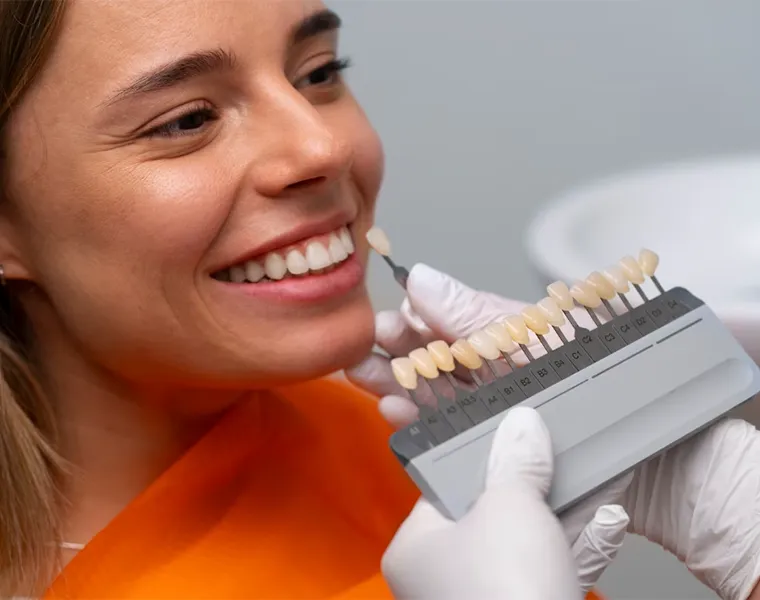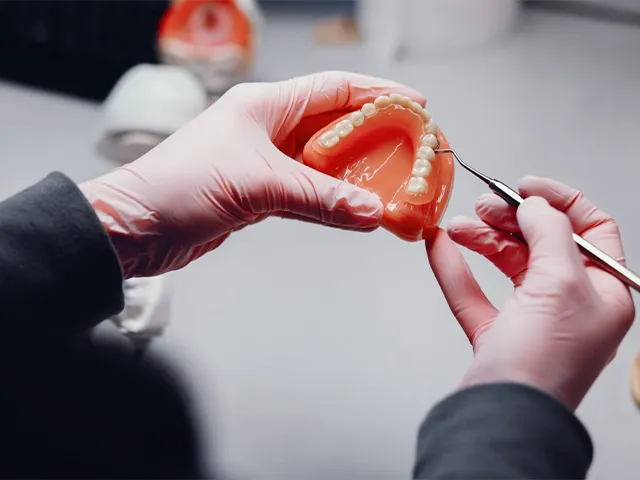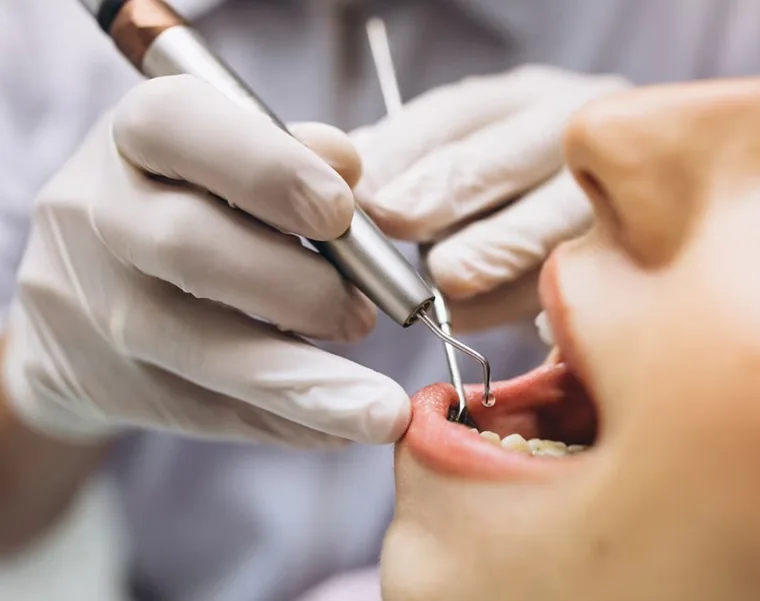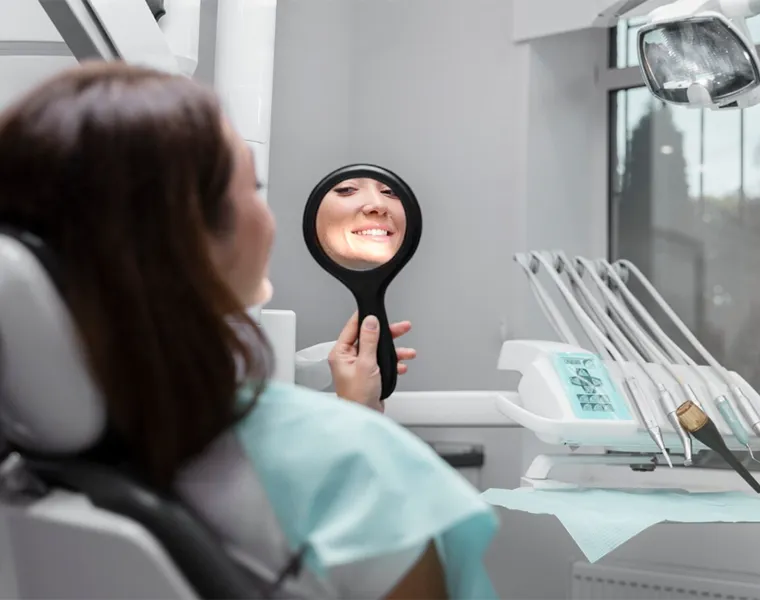Wisdom teeth are the last molars that erupt between the ages of 17 and 25, usually during the transition to adulthood. These teeth are known as wisdom teeth or scientifically as “third molars” because they are the last teeth to erupt in the mouth.
Wisdom teeth can cause various problems during the eruption process. Situations such as the tooth coming out horizontally due to not finding enough space, putting pressure on the surrounding tissues or damaging other teeth without completely erupting can occur.
Such problems can cause pain, infection and disturbances in the position of other teeth. Therefore, in many cases wisdom tooth may need to be extracted. Dentists assess the health status of these teeth through X-rays and other examinations and determine the necessary treatment methods.
Wisdom Toothache
The process of erupting wisdom tooth can cause pain for many people. This pain occurs during the process of the tooth peeling away from the jawbone and erupting through the gums. In jaws that do not have enough space, teeth cannot erupt properly and can grow horizontally, pressing on other teeth or becoming completely impacted. This can lead to pain, tooth inflammation and even infection. The pressure created by the wisdom tooth can also cause pain in the surrounding teeth.
There are several main causes of wisdom tooth pain:
Many people do not have enough space in their jaws for these teeth to erupt properly. This can cause the tooth to try to erupt at the wrong angles or remain completely impacted, putting pressure on the surrounding tissues and causing pain.
: Instead of erupting in a straight line, these teeth may try to erupt horizontally or lean towards other teeth. This puts pressure on the other teeth, causing pain and sometimes causing the teeth to get stuck or damaged.
The process of teeth erupting can lead to inflammation and infection of the gums (known as pericoronitis). This causes symptoms such as swollen gums, pain and sometimes difficulty swallowing.
In rare cases, cysts or tumors can form around wisdom teeth. These structures can damage surrounding tissues and bones.
Due to the position of the teeth, it can be difficult to clean them properly. This can lead to cavities and therefore pain. Cavities can also spread to neighboring teeth.
Wisdom tooth pain can be caused by any one or a combination of several of these problems. The cause and severity of the pain should be assessed by a dentist to determine the appropriate treatment. These treatments may include the use of medication for pain management as needed, treatment of the infection or potentially extraction of the tooth.


What is Good For Wisdom Toothache?
Most people have a total of four wisdom teeth, one in each corner of the jaw. These are located at the very back of the mouth and sometimes they cannot sit properly. At such times, the question “What is good for wisdom tooth pain?” becomes the most important agenda of people.
There are several methods you can apply at home to relieve pain:
Applying an ice pack to the sore area can help reduce swelling and pain.
Over-the-counter painkillers can temporarily relieve inflammation and pain. However, it is important to consult a health professional before taking medication.
Rinsing your mouth with warm salt water can reduce the risk of infection and relieve pain.
Reducing pressure on teeth and gums by avoiding hard or sticky foods can relieve pain.
Good oral hygiene reduces the risk of infection. Gentle brushing and flossing are important. However, too much pressure should not be applied to the sore area.
Although these methods offer temporary solutions, if wisdom tooth pain persists or worsens, it is best to consult a dentist. The dentist can accurately identify the source of the problem and, if necessary, recommend tooth extraction or other treatment methods.
How Does Wisdom Toothache Go Away?
The effectiveness of the methods suggested in response to the question How does wisdom tooth pain go away? may vary depending on the severity and cause of the pain. If the wisdom toothache is severe or does not go away within a few days, or if signs of infection (e.g. fever, general weakness) are observed, a dentist should be consulted.
The dentist can accurately diagnose the cause of the pain. If necessary, he or she may recommend tooth extraction, medication or other treatment methods. It is important that the underlying cause of the pain is addressed professionally.
Wisdom tooth pain is often caused by teeth trying to erupt without enough space in the jawbone. This can lead to pain, inflammation and sometimes infection. Such cases may require surgical intervention.
If there are signs that a wisdom tooth needs to be surgically removed, the dentist will decide on this based on rontgen and examination findings. Surgical intervention is usually performed under local anesthesia, but in some cases sedation or general anesthesia may be required.
If you are experiencing wisdom tooth symptoms and problems, you can contact LIBREDENT for detailed information and examination.



